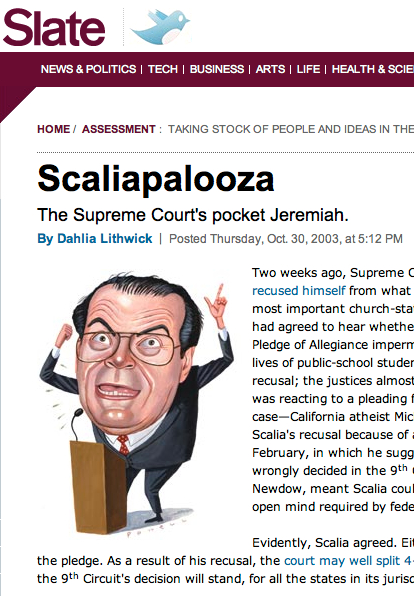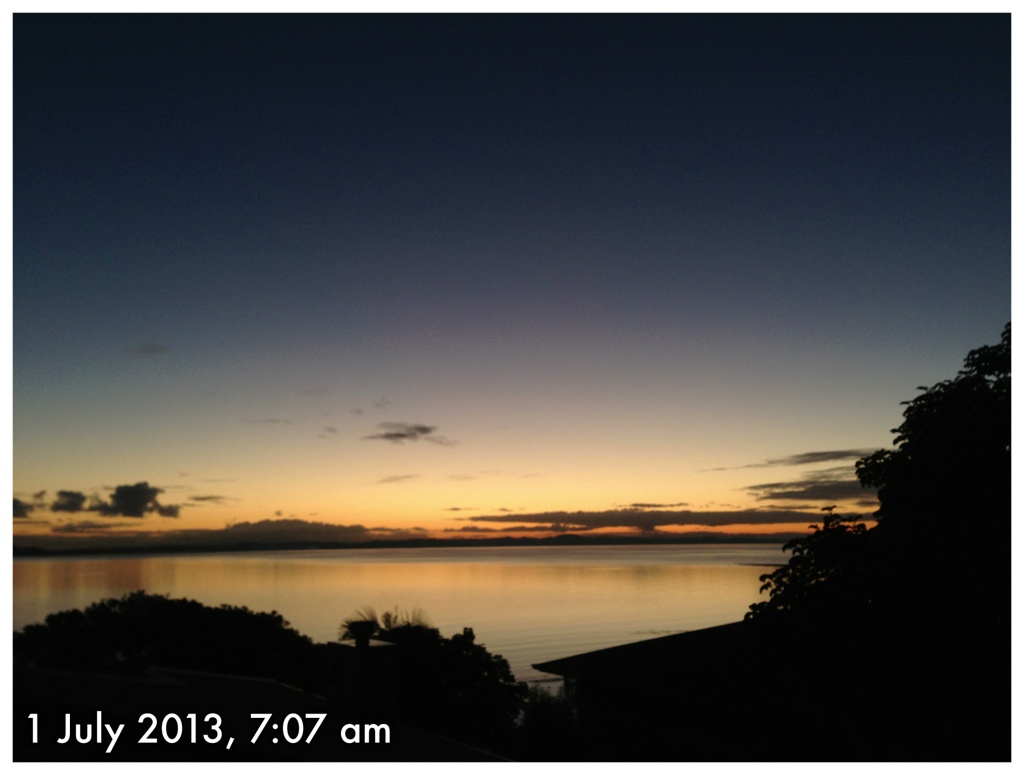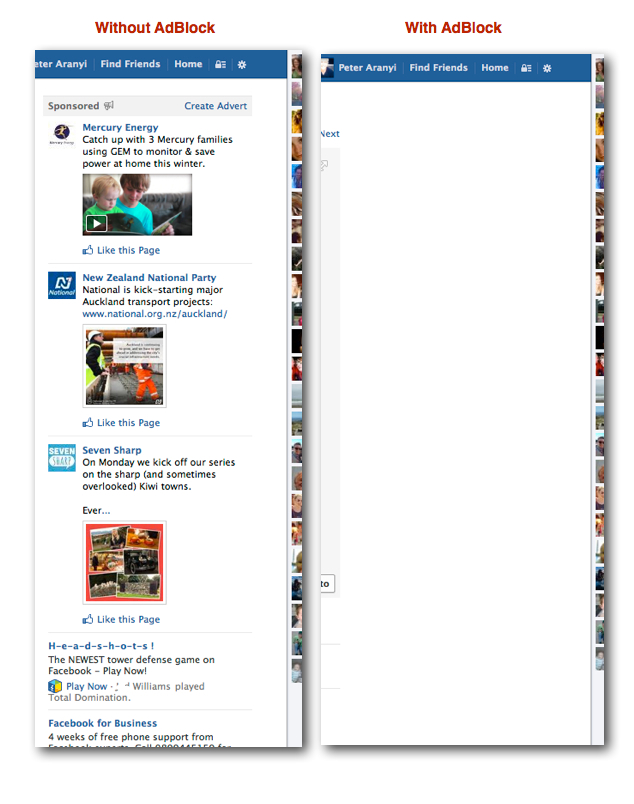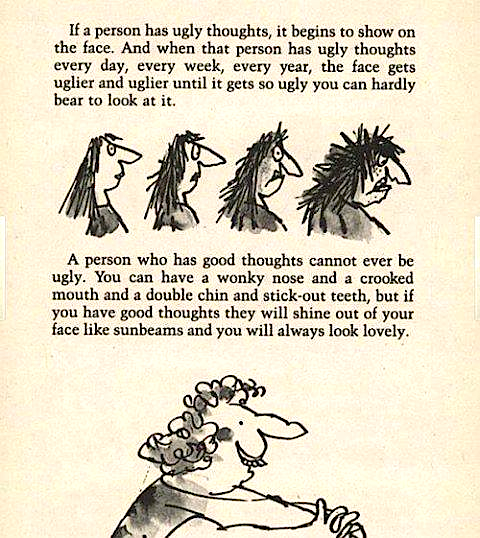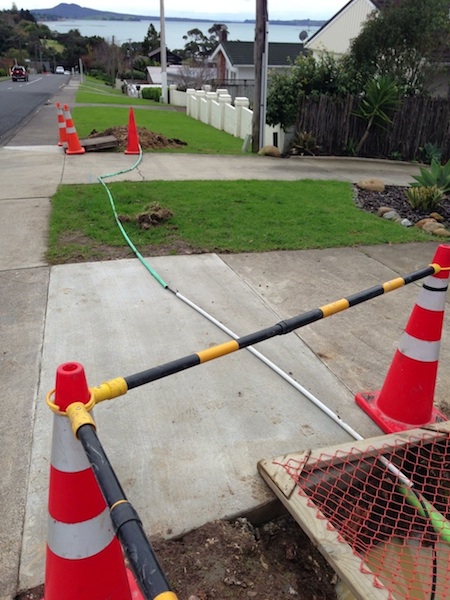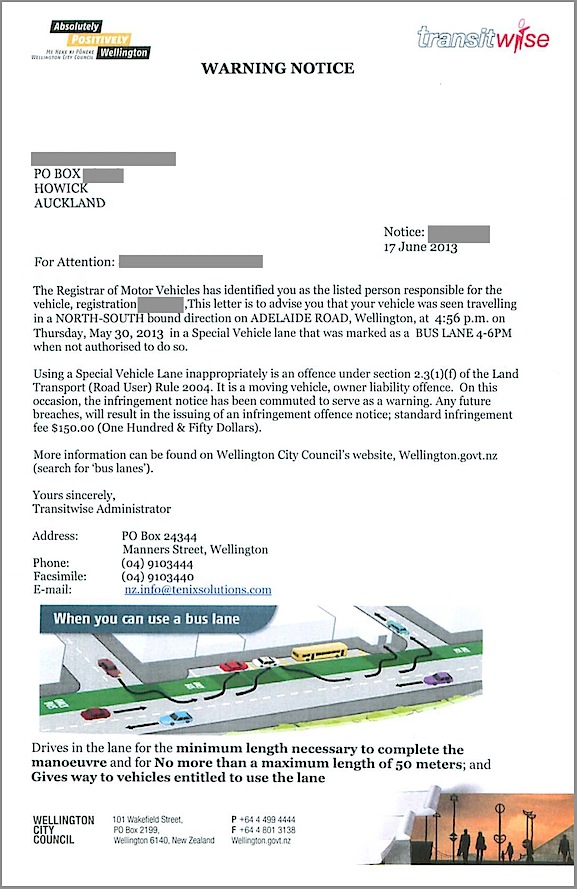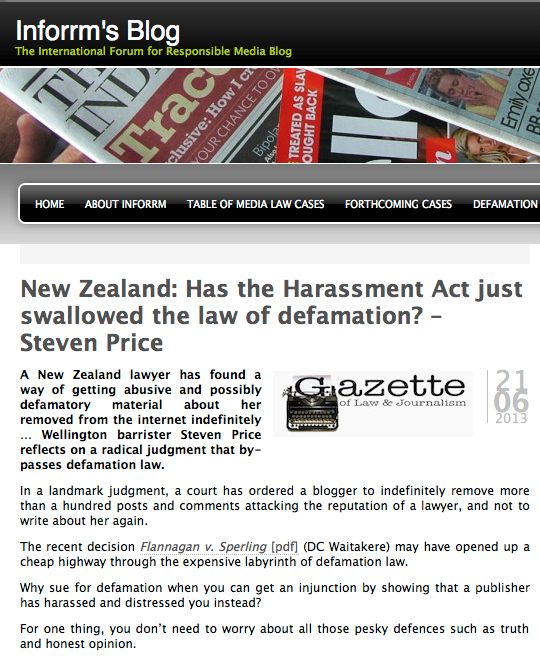
‘Trust me. I know what I’m doing.”
It’s sometimes possible to ‘get a sense’ of an author by what they write. (Not always.)
I’ve talked about the work of Judge David Harvey, New Zealand’s ‘internet judge’ quite a bit here on The Paepae. (See these posts.) I admire him.
Because my interests in media/internet/publishing intersect with the sort of cases he handles, I’ve read of few of his judgements. I think one of the first was his September 2010 Decision that convicted blogger Cameron Slater on multiple counts of breaching name suppression orders through ‘coded messages’ on his Whale Oil hate blog1. (Good work.)
I sometimes read Judge Harvey’s blog The IT Countrey Justice — it can go waaaay over my head, I admit, at times, but I read it now and then. (I don’t think I’m quite his target audience).
How ‘gagging’ can make things worse
One judgement Judge Harvey highlighted on his blog recently was P Courtney J’s decision Wishart v Murray — a ruling which has implications for anyone running an online discussion forum or Facebook page (or blog!) that routinely small-P publishes other people’s comments which could be perceived as defamatory. That’s relevant to discussion we’ve had here recently. Obviously.
This isn’t the time or place to go into that case in detail (read about it at Judge Harvey’s blog – Facebook Friends: 3rd Party Comments and Publication for Defamation), but superficially (insert my ‘I am not a lawyer’ disclaimer here) …
The defendants set up a Facebook page and Twitter account apparently specifically designed to disparage and encourage a boycott of Ian Wishart’s book about Macsyna King (mother of the Kahui twins).
A number of extremely negative statements (like, really bad) were [allegedly] made about Ms King and Mr Wishart by the defendants through those platforms, as well as during interviews on RadioLIVE, as promotion for their boycott campaign.
In addition to the statements the defendants themselves made on RadioLIVE, Twitter and the Facebook page, third-party Facebook commenters, many of them anonymous (sigh), got feral, and [allegedly] ‘defamed’ the plaintiffs some more. Ian Wishart and his supporters climbed in to defend him from the allegations on Facebook. That inflamed debate even more — and the administrators/defendants responded by apparently BLOCKING Wishart and some of his supporters (!!) from the Facebook page. (I know, right?)
Note: Judge Courtney’s decision (there’s a link to it on Harvey’s blog) was on an application to ‘strike out’ Wishart’s statement of claim, NOT the actual defamation proceedings. Defamation actions are typically very expensive, long-winded affairs with much legal argy-bargy. This was just a preliminary skirmish.
It seems to me a key component in the dispute behind the defamation case — in addition to the defendants’ own statements — was that action, blocking them from the Facebook page, which appeared to stifle open public debate. The judgement quotes one of the defendants explaining his reasoning:
…the purpose of doing this was not to prevent Mr Wishart from telling his side of the story. His comments, and those of some of his supporters generated a significant number of responses, including some abusive and inappropriate comments. Once it became apparent to me that this occurred I blocked Mr Wishart and a small number of his vocal supporters as a way to discourage misuse of the page. To keep the debate as balanced as possible I posted links to pages setting out Mr Wishart’s version of events …
Well, that didn’t work out too well, did it?
Continue reading →


